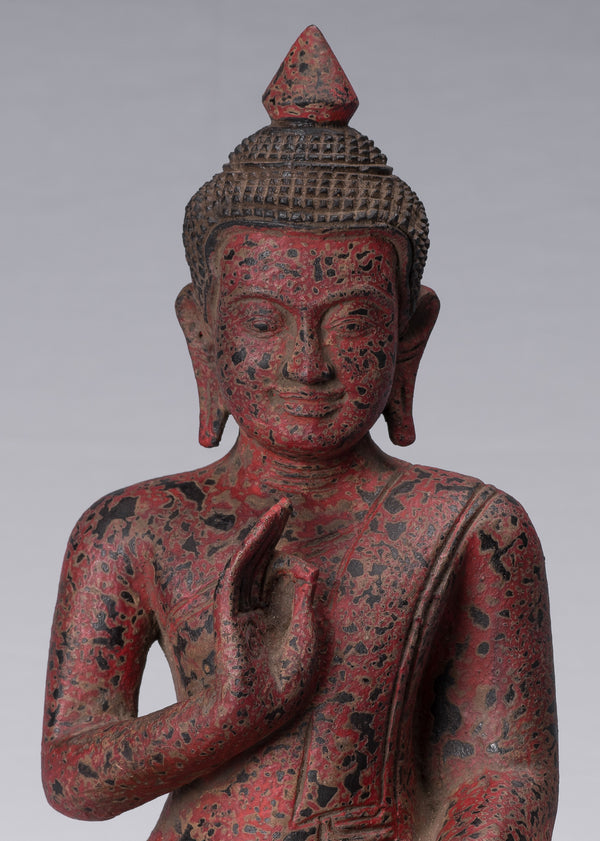Latest News - Buddhism
Abhidhamma Day is a celebration of the Buddha’s profound teachings and their power to illuminate the path to liberation.
By reflecting on the nature of reality and cultivating mindfulness, wisdom, and generosity, we honor the timeless truths of the Dharma.
The Buddha’s teaching, "Happiness does not depend on what you have or who you are. It solely relies on what you think," is a powerful reminder that the source of joy lies within us.
While external circumstances may influence our lives, they do not define our happiness.
The Kathina Ceremony is a profound reminder of the interdependence between the monastic and lay communities and the importance of generosity in Buddhist practice.
Its joyous spirit, rooted in gratitude and mutual support, reflects the Buddha’s teachings on living harmoniously and cultivating a heart of giving.
The Buddhist principle of impermanence is not just a philosophical concept; it’s a transformative insight that has the power to shift the way we relate to the world.
By understanding that everything is temporary and in constant change, we can learn to release our attachments, reduce our suffering, and live with more wisdom, compassion, and peace.
Uposatha reminds us of the importance of pausing amidst life’s busyness to connect with what truly matters.
Its practices encourage mindfulness, self-discipline, and compassion—qualities that transcend religious boundaries and enrich the lives of all who embrace them.
In Buddhism, suffering is not an insurmountable burden but a universal condition that we can understand, accept, and transcend.
The Buddha’s teachings on suffering offer both insight into the nature of our difficulties and a clear path to liberation.
The principle of non-self challenges our conventional notions of identity and selfhood, inviting us to see the truth of impermanence and interdependence.
By letting go of our attachment to a fixed self, we can overcome suffering and live with greater peace, compassion, and wisdom.
Asalha Puja is a profound reminder of the Buddha’s first teaching and the transformative power of the Dharma.
By reflecting on the Four Noble Truths and striving to walk the Eightfold Path, we honor the Buddha’s legacy and move closer to inner peace and liberation.










